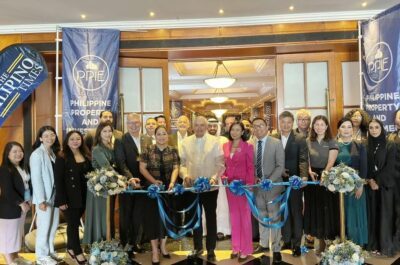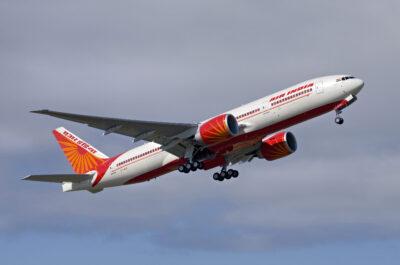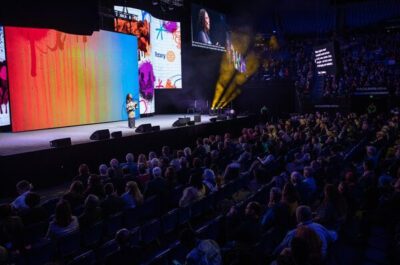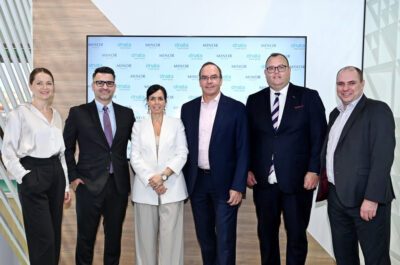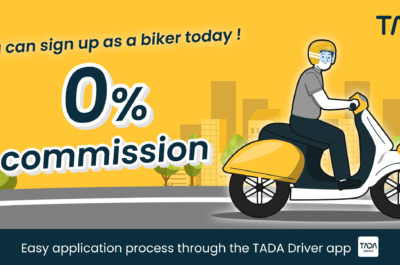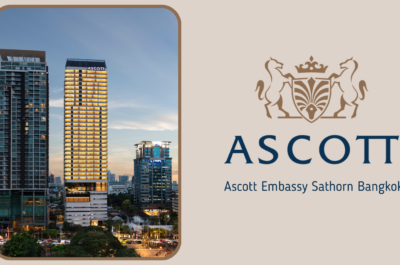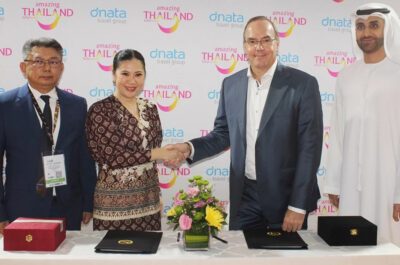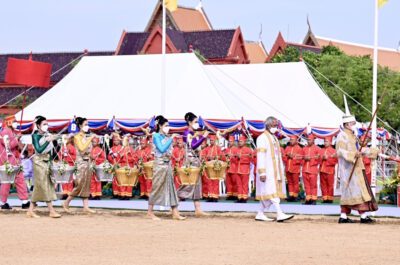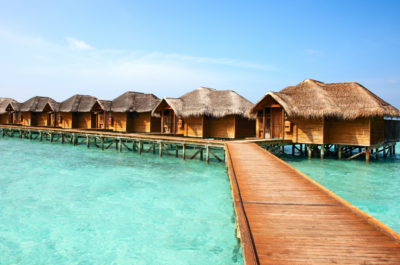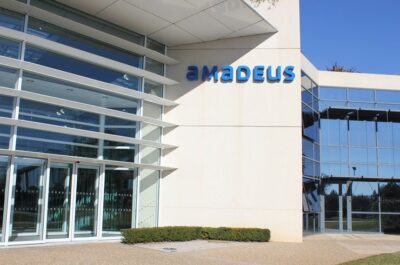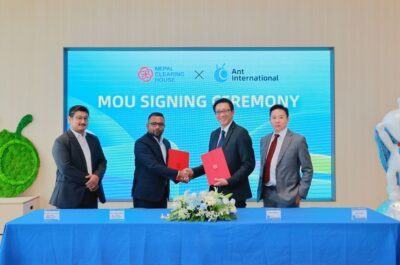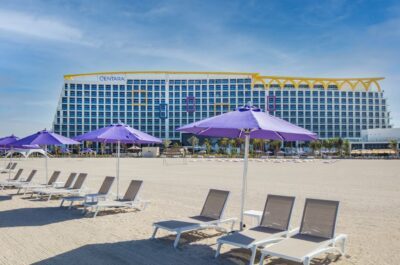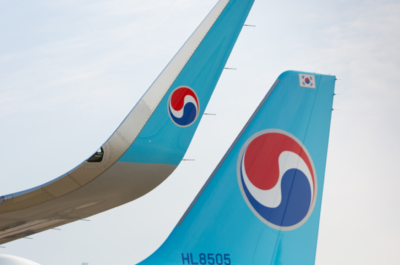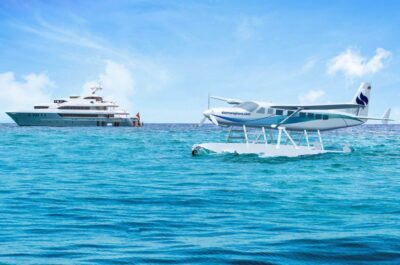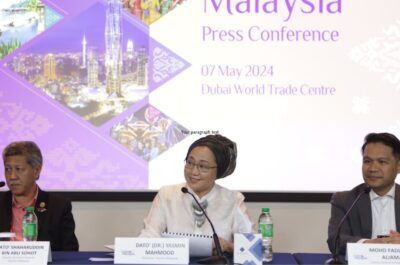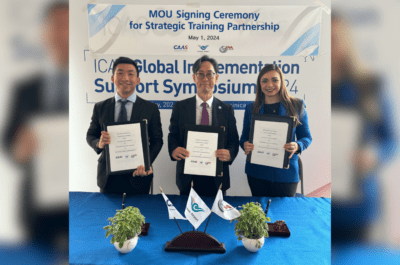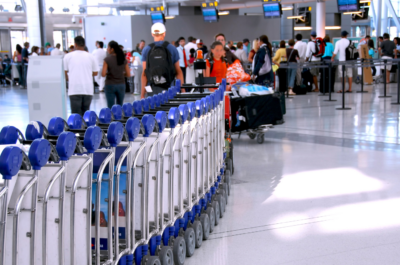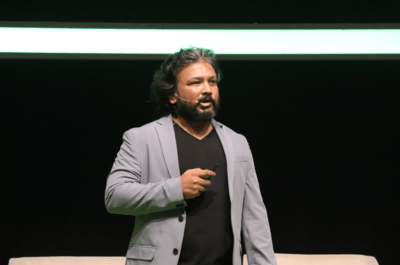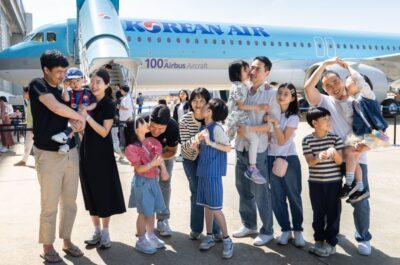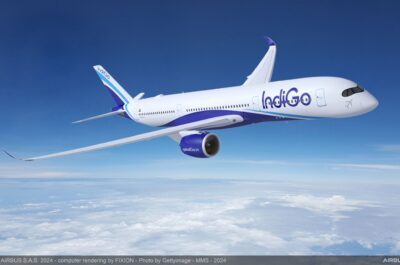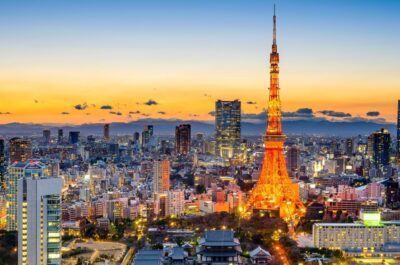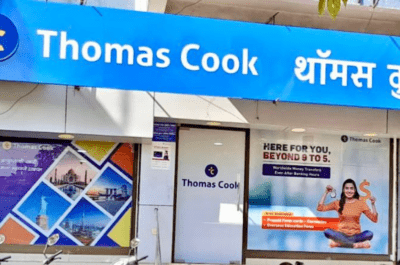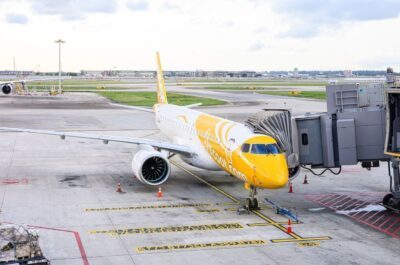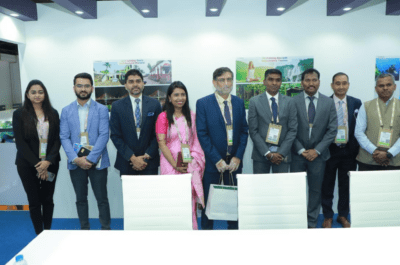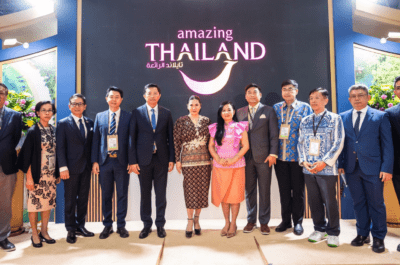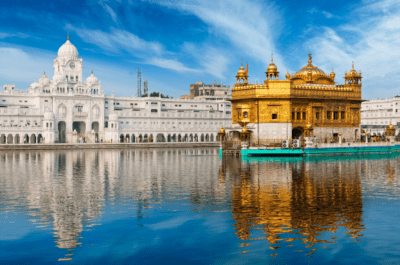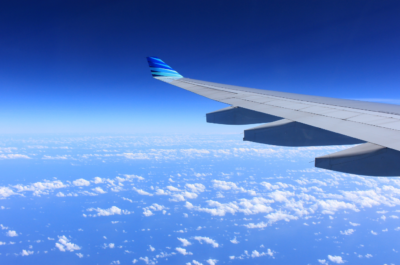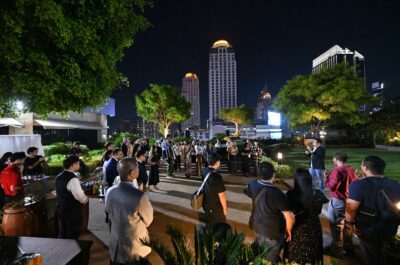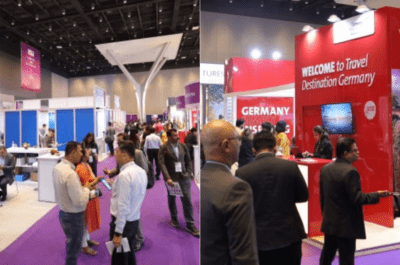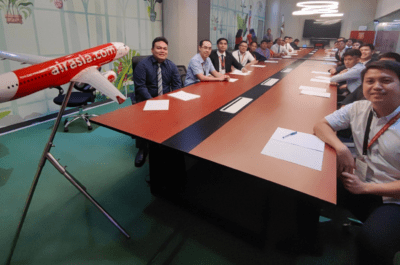The tsunami of 26 December 2004 was one of the worst natural disasters in recorded history…
The tsunami of 26 December 2004 was one of the worst natural disasters in recorded history. Large tracts of the islands of Sri Lanka and the Maldives as well as coastal zones of Indonesia, India and Thailand were devastated. The true scale of the tragedy is now clear, with some 300,000 dead and a further million people displaced. Europe’s (European Commission and Member States) response to the Tsunami crisis was immediate and generous with contributions amounting to around € 1.5billion (making it the largest donor to the appeal).
The decision for the first allocation for humanitarian assistance of € 3 million was taken by the European Commission within hours of the tsunami striking. By mid-February, € 103 million had been committed for humanitarian support in Indonesia, Sri Lanka, the Maldives, India and Thailand. As promised by President Barroso at the Jakarta Donors’ conference, a further € 350 million is being made available for longer-term reconstruction support in the worst affected regions. These funds will be allocated via Trust Funds to facilitate co-ordination and to maximise the Commission’s intervention in addition to ensuring accountability.
Funds from the European Commission
The emergency phase has been successful: victims have received shelter and support, and the fear of disease has been avoided. Now, the EC is committed to reconstructing the affected areas in such a way that is sustainable. Short-term rehabilitation activities will last until the end of 2006, allowing EC development aid to build on the humanitarian aid phase. The European Commission recognises that there has to be link, which is as seamless as possible, between the initial humanitarian response and the rehabilitation and reconstruction phases. This “Link between Relief, Rehabilitation and Development” (LRRD) is a cornerstone in the European Union’s emergency response. In programming and implementing assistance, the Commission attaches the greatest importance to co-ordination, first and foremost with EU Member States but also with the wider donor community. It has therefore set up a virtual network comprising a focal point in each Member State so as to monitor the disbursement of pledges and contribute to co-ordination and complementarity.
Reconstruction funds pledged at the Jakarta Donors’ Conference have now been programmed and are awaiting approval from Member States. The allocation of this money is based on the needs assessment of the World Bank. It is intended that the majority of this sum will go directly to the worst affect countries, namely Indonesia, Sri Lanka, and the Maldives.
This aid will focus on three areas: (i) reconstructing damaged areas; (ii) restarting livelihoods, and (iii) repairing larger infrastructures. The key beneficiaries will be the local communities affected, including fishermen, local businesses and the general population- with an emphasis on the most disadvantages and excluded groups, and a particular focus on women and children.
The remainder of the € 350 million reconstruction support is intended for the Pro Eco tsunami environmental programme (€ 15 million), Rapid Reaction Mechanism projects (€ 12 million) and a regional and horizontal facility (€ 12 million).
Indonesia
Humanitarian aid: The Commission’s Humanitarian Aid Office, ECHO, has funded the establishment of a disease early warning system by WHO; the provision of access to primary health services and psychosocial support for 90,000 people; the creation of 20 child centres to register, trace and reunify separated/unaccompanied children; access to safe water and sanitation and distribution of food to around 150,000 people; improving the living conditions of people living in camps and at the same time assisting those willing to return to their places of origin to rebuild their houses and restart their agriculture and fishing activities.
Reconstruction: The Commission intends to allocate € 200 million via the World Bank Trust Fund to Indonesia to assist in the arduous task of rehabilitation and reconstruction. Europe’s commitment to maximise the effectiveness of funds is demonstrated by its plans to establish a “European House” in Aceh which will provide high-level co-ordination of joint EU Member State and European Commission actions whilst ensuring that money is being spent in a transparent and accountable way.
Sri Lanka
Humanitarian: ECHO activities include: a WFP operation providing food for 748,000 people, with special care for pregnant women and children and food and cash for work schemes to rehabilitate basic infrastructure; support through NGOs to supply temporary shelter, food, safe water, household items and basic sanitation to over 150,000 people living in camps; assistance to 150,000 families to restore their livelihoods in the fishing and agriculture sectors; mobile health clinics; psychological support; and specific medical treatment for the disabled.
Reconstruction: Sri Lanka is set to receive € 95 million of EC funds for longer-term projects. This will be allocated via the use of Trust Funds to facilitate co-ordination and ensure that funds reach those who need it most. As announced by Commissioner Ferrero-Waldner on her mission to Sri Lanka in March 2005, this money will contribute to an allocation of around € 55 million to restart livelihoods and €40 million as a contribution to re-building the partly coastal South-to-East road (Matara-Batticaloa).
The Maldives
Humanitarian: In the Maldives, ECHO is supporting UNICEF and UNDP to install water tanks in damaged schools, repair small bore sewerage systems, restore cold rooms and freezers in damaged hospitals and help displaced families to repair their houses and restart activities in the fishing and agriculture sectors.
Reconstruction: The European Commission will allocate € 16 million to the Maldives to build on the achievements of the humanitarian aid phase.
India
ECHO’s partners in India are helping around 8,700 vulnerable fishing families through the reconstruction of small boats and provision of fishing gear as well as providing psychological support, access to safe water, tools, construction material and support to women and communities working in sectors related to the fishing industry.
Thailand
Finally in Thailand, assistance is being provided to around 2,000 fishermen and women from the most vulnerable groups.
Further Actions Taken
Trade-related initiatives are being enacted to improve access for the affected areas to EU markets.
Two initiatives have been proposed to assist the fisheries sector in affected countries. The first has made available to donors a team of experts in the fisheries sector and the second, adopted by the Council on 16 March 2005, will relax regulations governing the transfer to affected countries of decommissioned EU fishing vessels.
Work has been launched on measures to strengthen co-ordination concerning disaster victim identification and consular and diplomatic co-ordination between EU Member States. Specialists on intervention epidemiology were sent to affected regions and the Commission has been actively involved in implementing response plans under the WHO’s Global Outbreak and Response Network.
Disaster Preparedness in Asia
The EC, through ECHO, is supporting the assessment, evaluation and strengthening of Early Warning Systems and disaster preparedness in countries affected by the tsunami. As pledged during the World Conference on Disaster Reduction in January 2005, € 2 million contribution is envisaged to UNOCHA/ UNISD.
Theodore is the Co-Founder and Managing Editor of TravelDailyNews Media Network; his responsibilities include business development and planning for TravelDailyNews long-term opportunities.






















